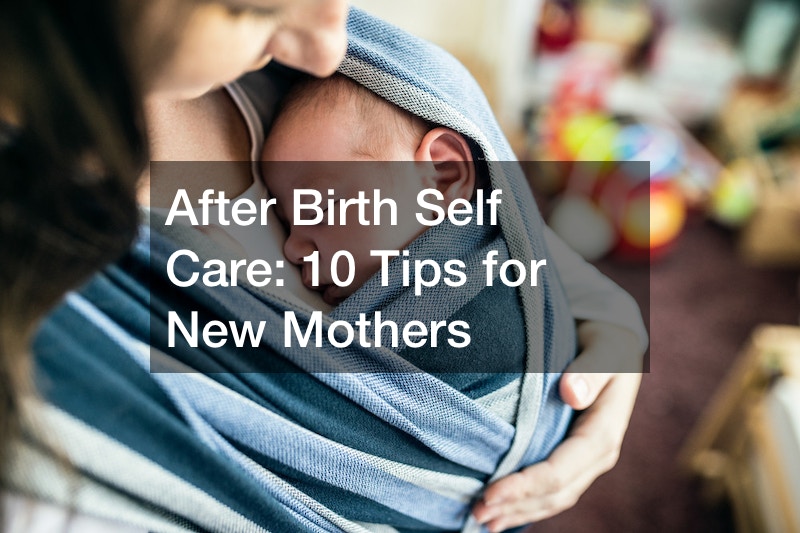Eating disorders often take hold silently, evolving from seemingly innocuous habits into severe and life-altering conditions. For many, the struggle with an eating disorder is an uphill battle marked by a relentless cycle of control and restriction. Recovery from such disorders is challenging but possible, especially when faced with additional life changes such as pregnancy. This blog dives into the ups and downs of tackling eating disorders during pregnancy and recovery.
The Onset and Escalation of Eating Disorders
Eating disorders can start subtly, often beginning with benign attempts to manage diet or exercise. What might begin as a quest for health can quickly spiral into obsessive behaviors.
For many, these disorders are characterized by over-exercising, extreme dietary restrictions, and a fixation on body image. Over time, these behaviors become ingrained, turning into rituals that take control of daily life. This gradual intensification can lead to a life increasingly dominated by the disorder’s rules, leaving individuals feeling trapped and controlled.
The Turning Point: Starting Recovery
The path to recovery from an eating disorder requires immense courage. For those who face long waitlists or lack immediate professional support, taking the first step on their own can be a pivotal moment. Recovery often involves a combination of support from loved ones and personal efforts such as journaling and self-reflection. Understanding the root causes of self-esteem issues and reestablishing a healthier relationship with food and body image are crucial steps in this process.
Pregnancy: An Even More Complex Challenge
Pregnancy introduces profound changes to the body, which can be particularly triggering for individuals with a history of eating disorders. The rapid transformation and the loss of control over one’s body can evoke strong and conflicting emotions. Many experience a miraculous sense of wonder at the new life growing within them, but this is often accompanied by fear and discomfort about their changing body. This can exacerbate feelings of self-doubt and anxiety, leading to a heightened struggle with body image.
For those in recovery, the physical changes of pregnancy can be daunting. The body’s natural adaptation to support a growing baby might feel like a violation of the control they once exerted. Recognizing these feelings and seeking support, whether through medical professionals or personal networks, is essential to navigating this challenging period.
Postpartum: Adjusting to a New Reality
The postpartum period can be overwhelming, with new mothers often feeling exhausted and unsure about their parenting abilities. The changes in their bodies and the demands of caring for a newborn can compound feelings of inadequacy and trigger old eating disorder behaviors. It is important to acknowledge that these feelings are common and that seeking support is a sign of strength, not weakness.
Building a support system is vital during this time. Honest communication with healthcare providers about one’s history of eating disorders and current feelings about body image can provide crucial guidance and reassurance. Engaging with therapists or support groups specializing in postpartum recovery can also offer comfort and practical strategies for managing emotions and maintaining a balanced approach to food and self-care.
Raising the Next Generation: A Family Approach
For those who have struggled with eating disorders, raising children can present additional challenges. The desire to ensure that their children grow up with a healthy relationship to their bodies and self-image is often paramount. Creating an environment of emotional openness and positive body talk within the family can play a significant role in fostering a supportive atmosphere.
It’s important for parents to model healthy behaviors and attitudes toward food and body image. By promoting a balanced and non-judgmental approach, parents can help their children develop a positive self-image and resilience against societal pressures related to appearance and diet.
Building a Supportive Community
Recovery from an eating disorder is a lifelong journey, and building a community of support can make a significant difference. Many individuals who have experienced these challenges advocate for creating spaces where people can access comprehensive care and connect with others who understand their struggles. Establishing centers or support networks that offer a range of resources—such as therapy, nutritional counseling, and peer support—can provide invaluable help to those in recovery. Eating disorder treatment that integrates these various aspects can significantly aid recovery and offer more holistic support to individuals.
Encouraging open dialogue about eating disorders and their impact, especially during vulnerable times like pregnancy and postpartum, helps normalize these experiences and reduce stigma. When people feel understood and supported, they are more likely to seek help and continue on their path to recovery.
Closing Thoughts
Breaking free from an eating disorder is a remarkable achievement that requires resilience, support, and self-compassion. The journey through pregnancy and recovery adds layers of complexity, but with the right resources and mindset, it is possible to overcome these challenges and build a healthier relationship with food and body image. Embracing this journey with openness and courage not only paves the way for personal healing but also sets a positive example for future generations.
.




